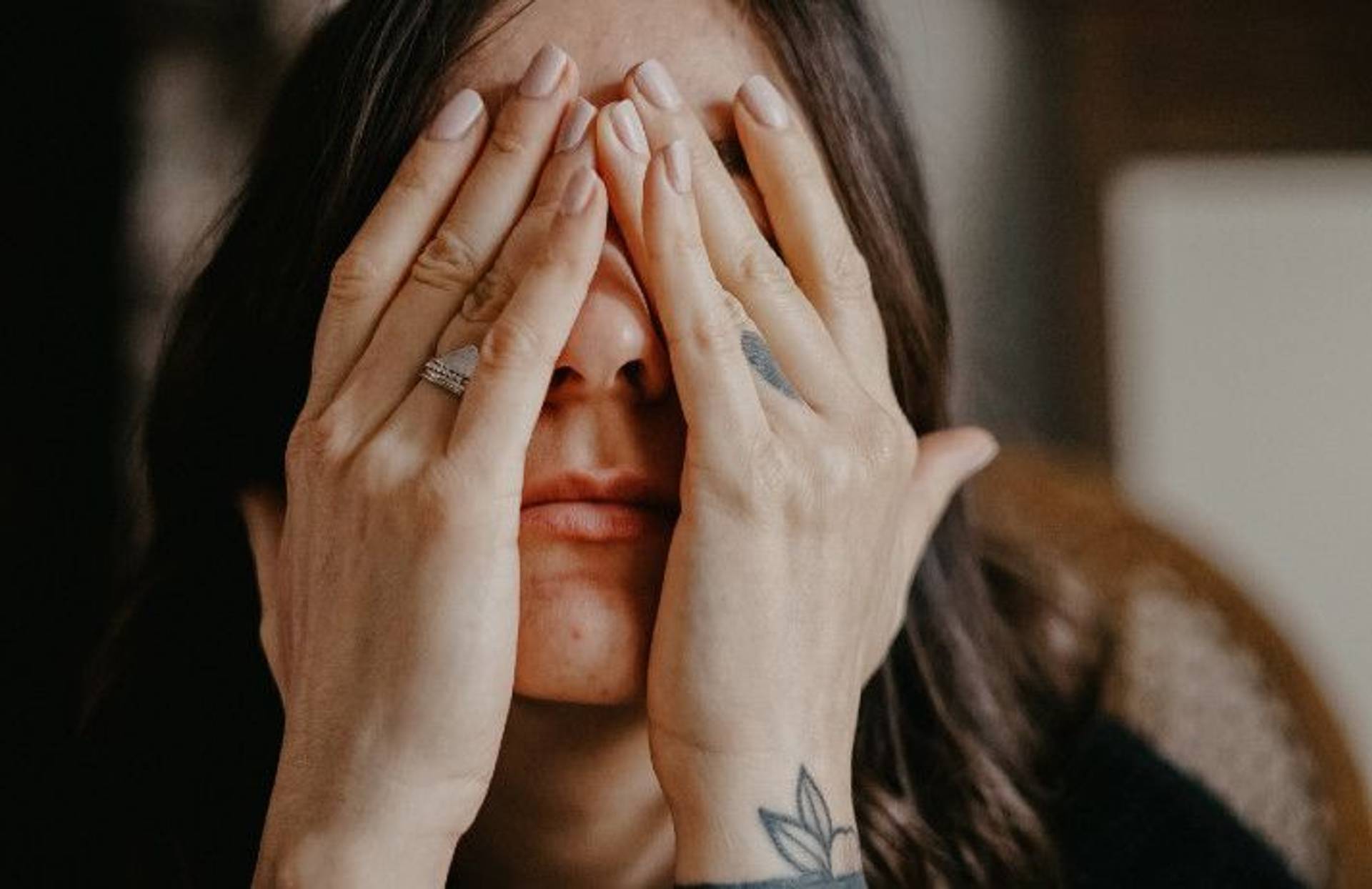
Trying to balance work, family, and social responsibilities is taking its toll on Britons – the majority report being exhausted a lot of time. Constant tiredness is unsurprisingly most common among mothers, meaning sleep-related brands could adapt their offerings to acknowledge this disparity.
According to a YouGov survey, 41% of British adults report being tired at least most of the time, but this rises to 52% among parents of kids under 18 and is even higher among mothers – 26% of mums with a small child say they feel tired all the time compared to 18% of dads. This feeling of tiredness or exhaustion affects people differently across genders and generations. Indeed, for those aged 18-24, personal and work life are the areas most likely to be impacted, while nearly half of mothers of small kids say that tiredness impacts their love life and family life.
Sleep health has taken an extra hit from the anxiety and additional at-home responsibilities of the pandemic, but ‘always-on’ culture and the rise of the third shift are also massive contributors, to the extent that 47% of Britons say they would prefer an extra hour’s sleep over getting £20. In this context, tools that can help people soothe their anxiety and distract themselves, like Spacemasks, Pepsi’s Driftwell enhanced water drink, and Eight Sleep mattresses are appealing. But given the cyclical link between exhaustion and poor sleep, some audiences – such as mothers and young workers balancing multiple jobs – are in need of more fundamental change, whether that's more flexible and family-friendly work policies or more support for those working odd hours.